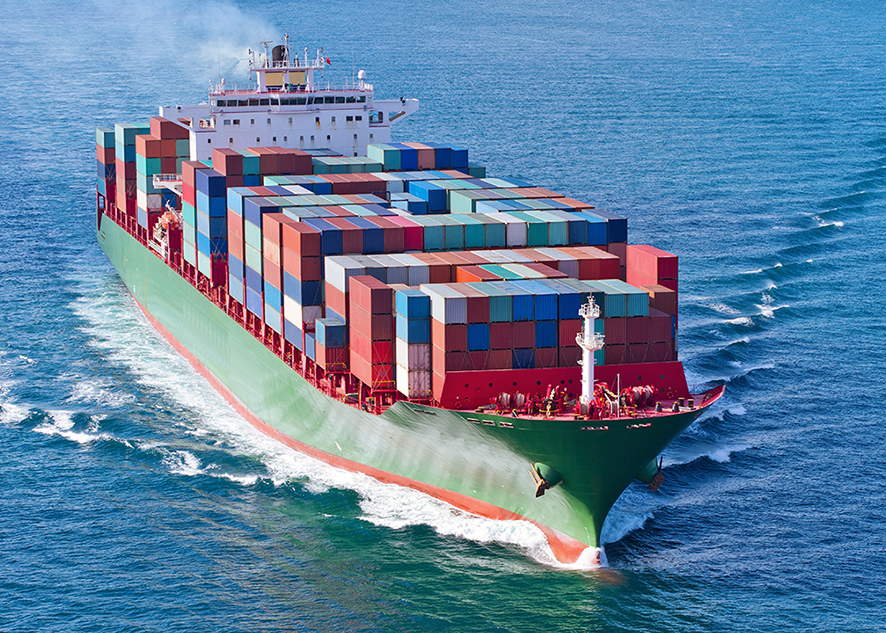Principle 1 – Assessment
This principle provides step-by-step guidance for measuring the climate alignment of signatories’ activities with the agreed climate target. It establishes a common methodology for calculating the emission intensity and total GHG emissions, and thus also provides the input needed to track the decarbonisation trajectories used to assess signatories’ alignment.
Principle 2 – Accountability
To ensure that the information provided under the principles is practical, unbiased, and accurate, it is crucial that signatories only use reliable data types, sources, and service providers.
Principle 3 – Enforcement
This principle provides the mechanism for meeting the requirement of the Poseidon Principles. It also includes a covenant clause to ensure data collection.
Principle 4 – Transparency
The intent of the transparency principle is to ensure both the awareness of the Poseidon Principles and that accurate information can be published by the Secretariat in a timely manner. Furthermore, transparency is key in driving behavioural change.


